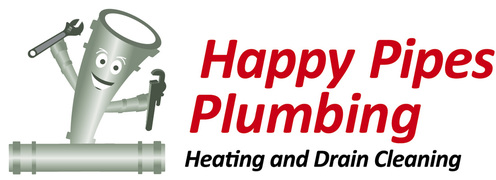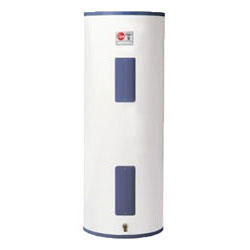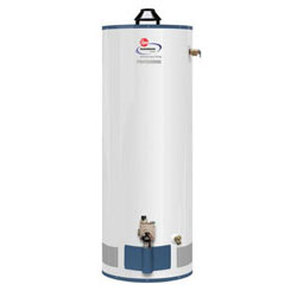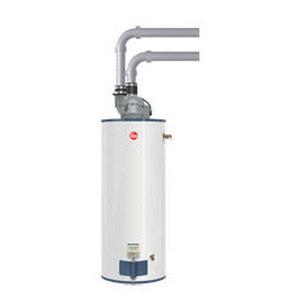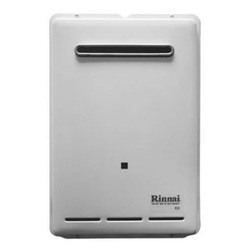|
CALL:
403-
|
Hot Water Tanks
If you're considering replacing your water heater, or maybe your water heater is making you replace it, you've likely come to this page in a search for options and prices. There are a number of options available and hopefully we can help you with your decision. The price we put on our hot water tanks includes parts, labor, warranty, and disposal of your old tank.
If your current water heater is less than 10 years old, then replacement might not be necessary. Most water heaters can be repaired for a fraction of the cost of replacement. However, if your tank is leaking from the bottom, it likely can't be saved.
If your current water heater is less than 10 years old, then replacement might not be necessary. Most water heaters can be repaired for a fraction of the cost of replacement. However, if your tank is leaking from the bottom, it likely can't be saved.
|
Electric Powered Water Heaters:
Electric hot water tanks run off of electricity and use heating elements to heat the water in the tank. These water heaters are usually less to purchase and repair, but cost more to run. The nice thing about electric is the ease of installation. If you're looking to replace, the power supply running it is what needs to be known before replacing. It's either going to run off 120 or 240 volts and this can be found on your tanks rating plate. You can easily up-size your electric water heater without any additional labor charges provided there is space available to do so. |
|
Natural Gas & Propane Powered Water Heaters:
(Natural Draft/Atmospheric Type) Natural draft hot water tanks are called natural draft because they rely on the laws of physics to vent the products of combustion. Both natural gas and propane tanks will have a gas supply connected to it and also a venting system from the top (draft hood) which will then connect to the chimney. Recent building code changes may require that the vent be increased in size if you are considering replacement, so that may affect the cost of installation. Increasing tank size is also possible if there is space, but vent size would also need to be considered, however, if more hot water is what you're after, then running 2 tanks side by side is more cost effective. |
|
Power Vented Water Heaters:
Power vented hot water tanks are very similar to natural draft with the exception of the means of venting. There is a fan attached to the top of the tank to force the products of combustion out the side of the building. This type of water heater costs about twice as much to replace than natural draft, and even more if you are switching from natural draft to power vented because installation requires coring a hole through the building and also PVC pipe. A common misconception is that power vented hot water tanks are more energy efficient. This is not true. The main reason for power venting a water heater is because modern furnaces are vented the same way, which eliminates the need for a chimney. |
|
Tankless Water Heaters:
Tankless hot water tanks are the the most energy efficient available since they only use gas when there is a demand for hot water. Because they require a direct vent and have a large BTU rating, this type of system is very expensive to install. In addition to the installation cost, it is recommended to have the system maintained once a year because of the hardness in our water. Feedback from customers who have this system is very mixed. Some love it, some wish they never had it put in. While we at Happy Pipes are more than happy to install this type of system for you, we recommend you do your own research and decide for yourself if this is what you really want. We aren't going to try and convince you to buy something you may end up not liking just to make a buck. Typical installation costs are over $4000+ and would require a service call to give an accurate quote. |
